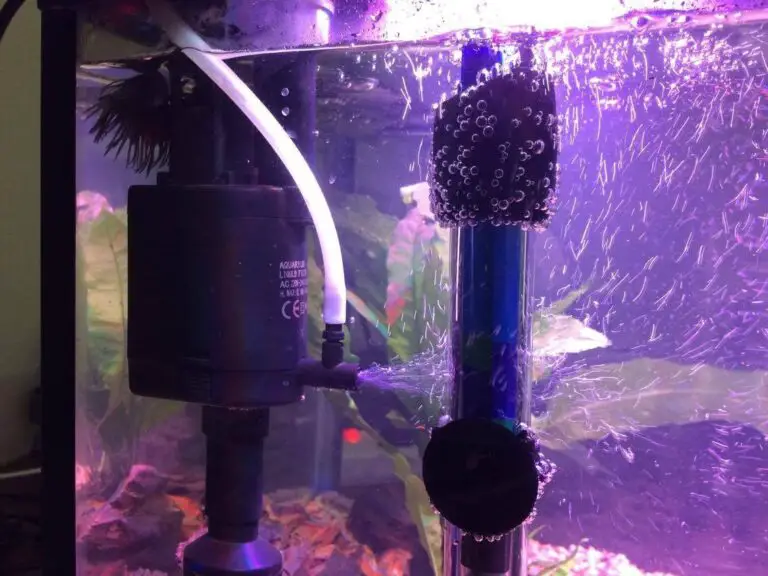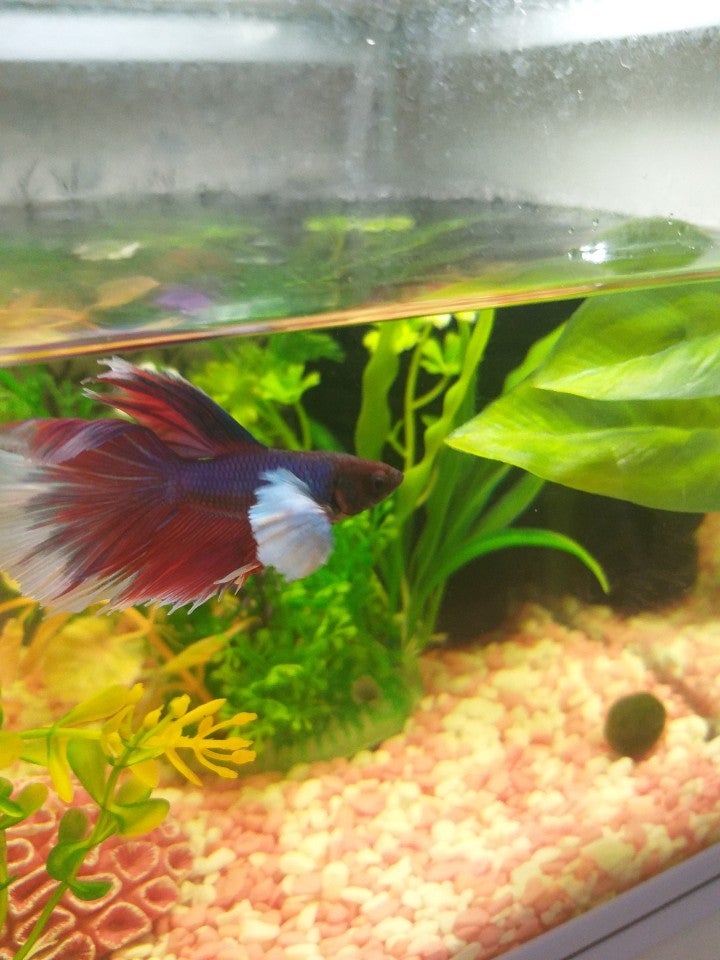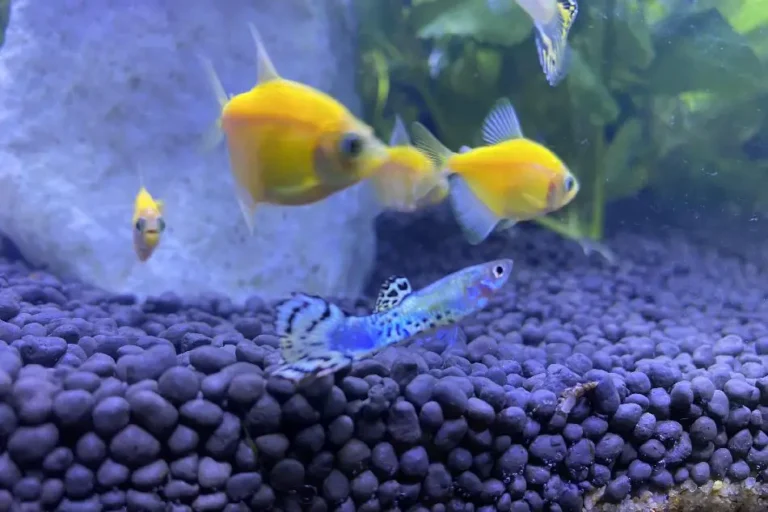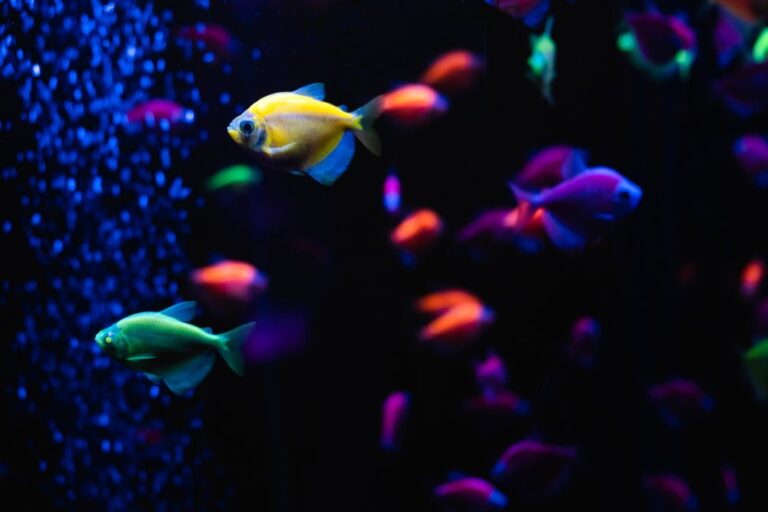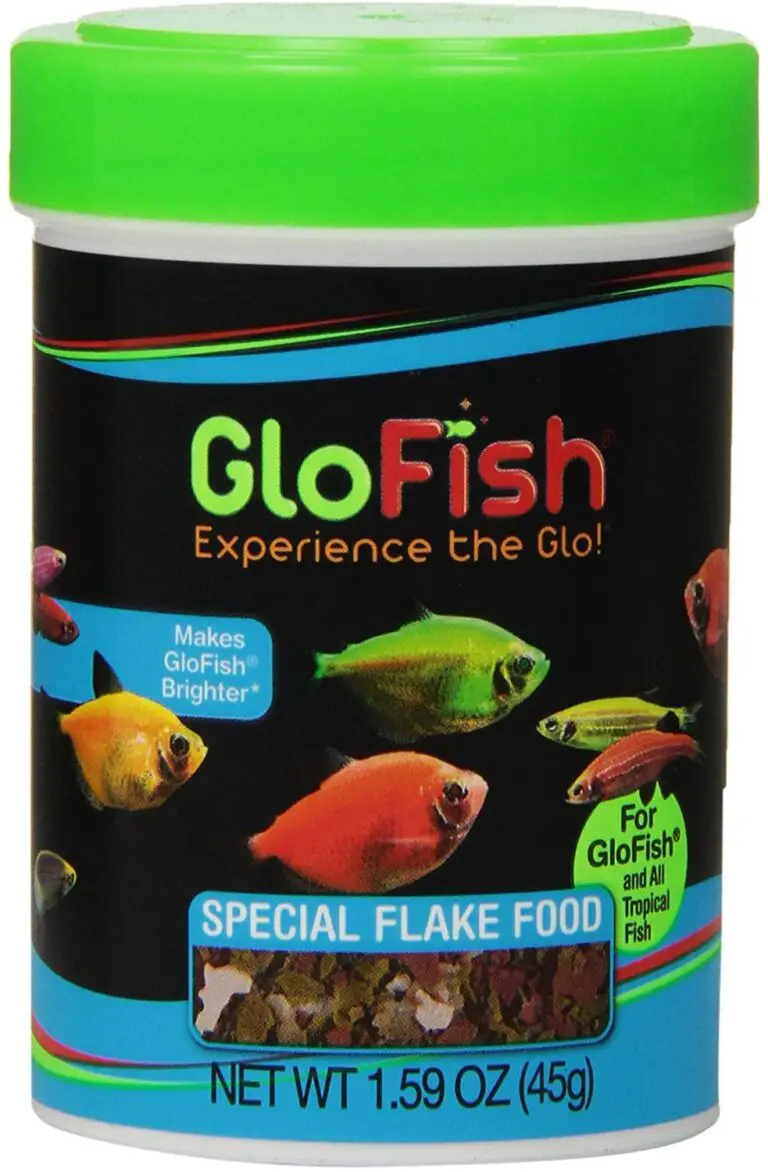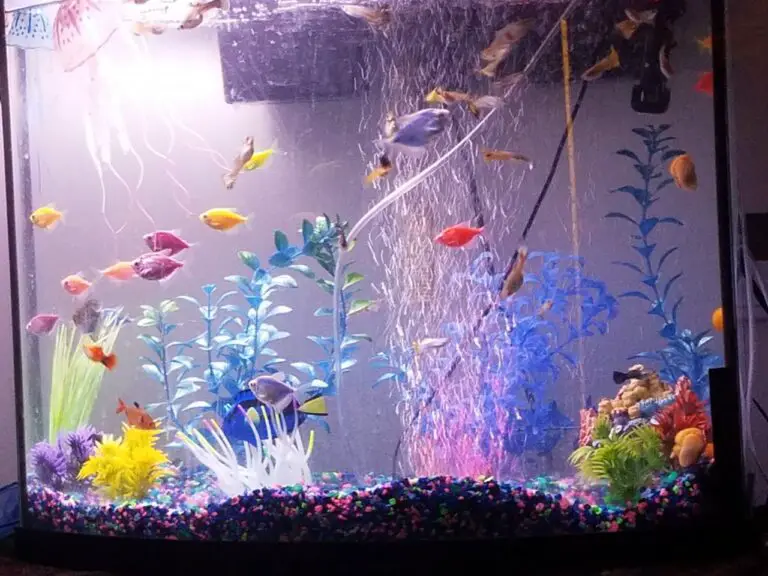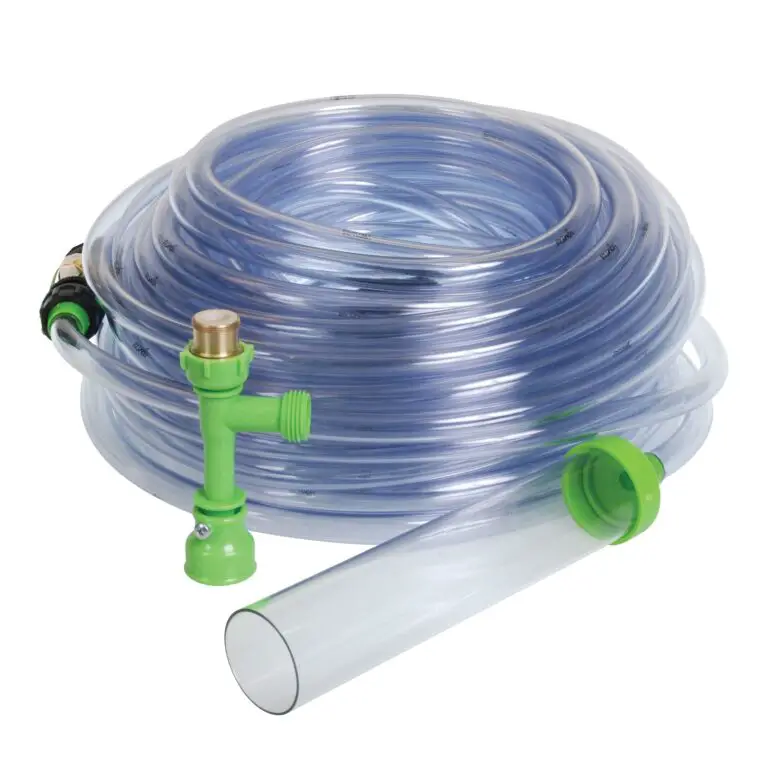Air Pump Too Strong for Betta
If an air pump is too strong for a betta, it can cause stress and even harm the fish. An aquarium filter or powerhead should be used to move water in the tank instead of directly using an air pump. The air pump should only be used if necessary and care must be taken to…
